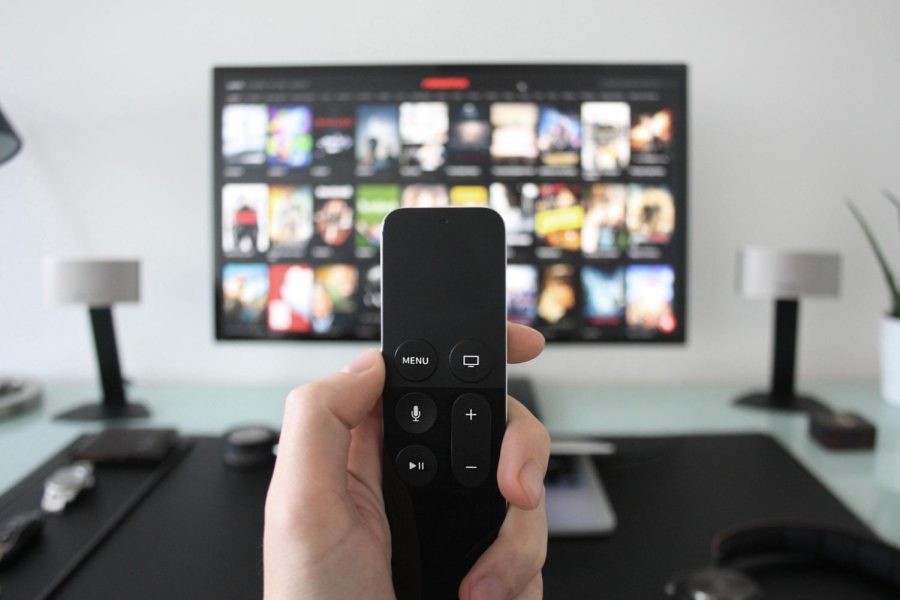False Reality and Reality TV
Not all media representing “reality” is necessarily good.
Reality TV has been around for nearly three decades, entertaining the masses with a variety of specials. Ranging from competition to dating shows, reality television has gifted viewers quality entertainment.
However, TV that broadcasts faux reality has a damaging impact on viewers. Showcasing fictional personas, planned storylines and exaggerated outlooks on life, shows give viewers a false image of reality. Not only that, they sometimes focus on the humiliation of participants strictly for consumership.
Real Life Aggression
Just as other forms of visual media, views can easily mimic the actions presented by reality TV. Witnessing fights, arguments or malicious actions on television can motivate consumers to perform the same.
In an article from NPR, Central Michigan University psychologist Bryan Gibson stated that “watching reality shows with lots of what’s called relational aggression — bullying, exclusion and manipulation — can make people more aggressive in their real lives.”
Wanting to prove his theory, Gibson arranged an experiment with individuals and studied their reactions to different televised media: “Gossiping and nastiness is prevalent on these shows, so we wanted to find out whether it affected how aggressive people were after they watched.”
Gibson instructed participants in the experiment to watch one of four selected shows and later to repeatedly press against a keyboard. Some were presented with reality TV franchises “Jersey Shore” or “Real Housewives,” while others consumed “CSI” or “Little People, Big World.”
The study concluded that those who watched “Jersey Shore” and “Real Housewives” gave stronger responses of aggression compared to those who did not.
Public Humiliation
Ratings and viewership are very important factors in a show’s run. They determine not only the cancellation rate, but also how popular it is. A great example would be UK reality music competition “X-Factor.”
Birthing successful stars like One Direction, Leona Lewis and Little Mix, the show was (and still is) a success. Unfortunately, not everyone who auditioned for the competition ended up with fame, but instead, humiliation.
In 2012, contestant Zoe Alexander auditioned for the show, hoping to establish a career on her own instead of as a Pink impersonator. The song she selected was “So What” by Pink, which she hoped would showcase her vocal ability. The judges were not impressed, criticizing the resemblance to the established singer.
Shortly after the performance, Alexander, visibly upset on stage, revealed that the producers originally set her up to perform a song by Pink.
At the time of the broadcasting, both media and fans ridiculed Alexander due to her unfair portrayal. The show presented her as an irrational, violent person.
Later on in 2020, she discussed the behind the scenes events with UK news website The Tab.
Explaining the consequences of the incident, Alexander went on to say, “Reality TV takes advantage of people. It both exploits existing and creates mental health issues. It psychologically profiles people by finding out their weaknesses and exploiting them.”
Season Finale
Brushing aside entertainment value, reality TV has harmful effects on those consuming and involved with it. Despite the intentions of individual shows, it welcomes negative behavior by those who can’t determine what is true, and what is false.

Canderrian Brown (he/him) hails from small-town Rosedale, Miss., and although he enjoys the close-knit nature of his home community, he hopes for the chance...



